Pandemic learning pod instructors loved teaching, but don’t want to be traditional classroom teachers
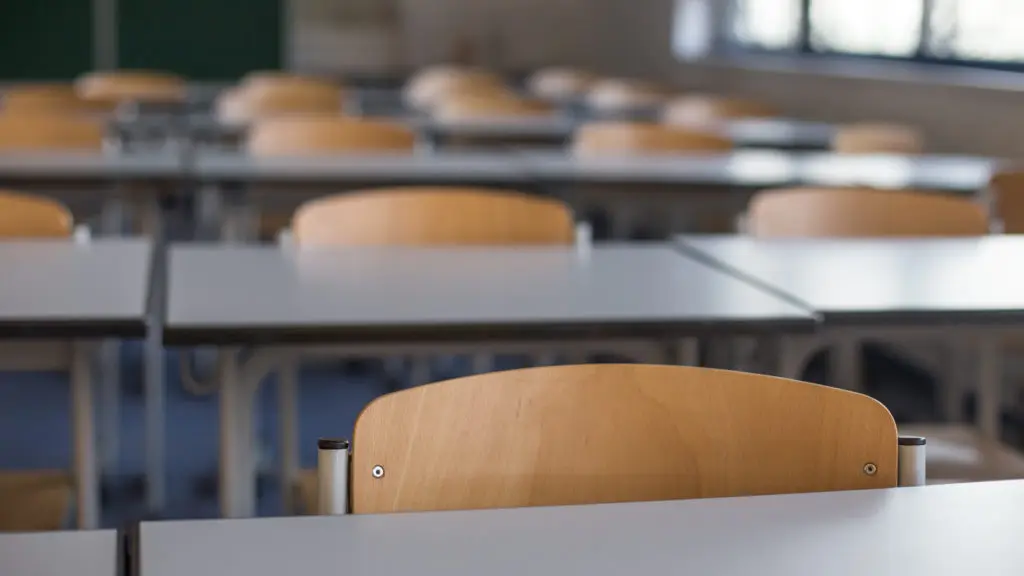
Samantha* had been a veteran educator for fourteen years, first as a classroom teacher and then a principal, when the pandemic shut down schools. Last year, when she learned about the then-growing learning pod movement, she thought starting one would help solve several immediate problems. “[My daughter] needs social interaction,” she said in an interview. […]
It’s time for a new K–12 reform agenda
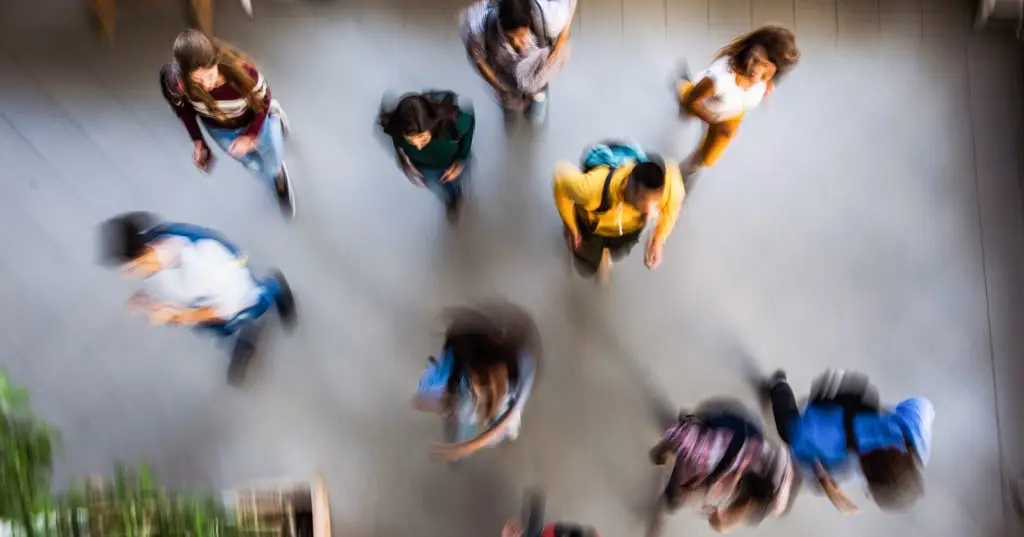
For the second year in a row, many school districts are not ready to switch kids to remote learning if in-person school is interrupted. While most large districts offer full-time remote learning, parents had to choose at the beginning of the year and cannot easily switch in or out. Now, many districts are forced to send hundreds or even thousands of COVID-exposed kids […]
New England Profiles of Innovation | Margarita Muñiz Academy
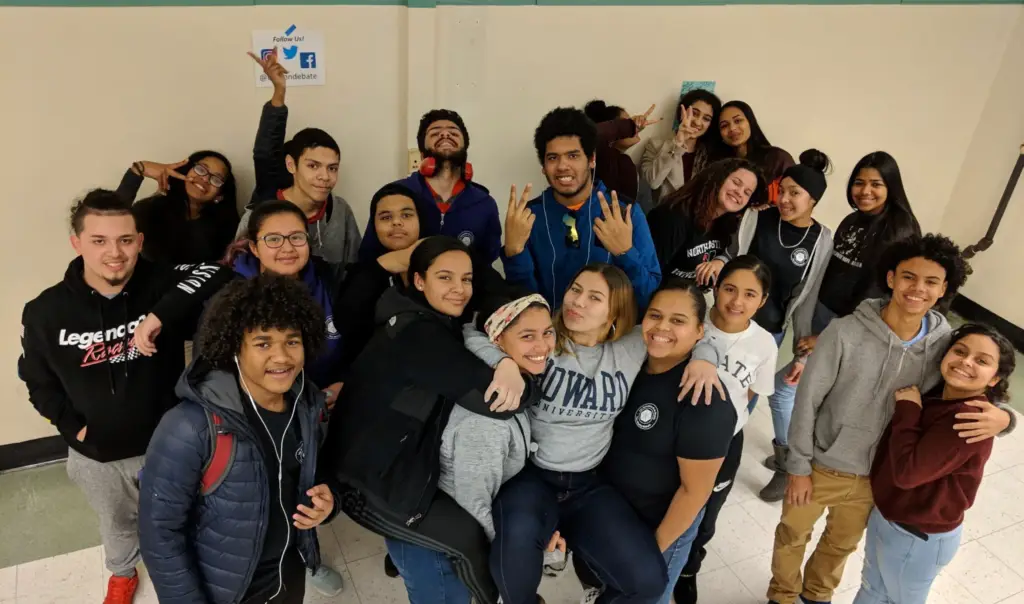
Margarita Muñiz Academy’s development of its “Portrait of a Scholar” project led to a number of changes focused on providing greater opportunities for student voice and participation.
Leaders should learn from families of color who shaped education during the pandemic

COVID-19 has been deeply traumatic and disruptive for students and families. But the pandemic also created opportunities for families and community organizations to design their own solutions to educational challenges that existed long before it. As school systems move into the 2021–22 school year, they should learn from experiments led by Black and Latinx families […]
Surging enrollment in virtual schools during the pandemic spurs new questions for policymakers
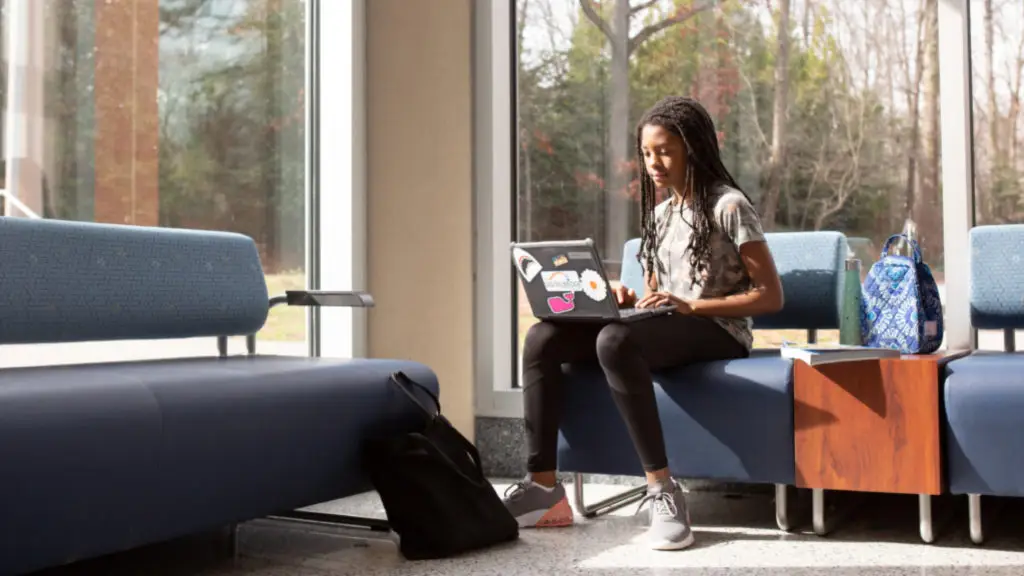
During the 2020–21 school year, a large share of students opted to enroll in established, full-time virtual schools. Our analysis of federal enrollment data suggests parents, perhaps dissatisfied with remote schooling or concerned about the safety of in-person learning, sought new alternatives to traditional school districts during the COVID-19 pandemic. We examined data from the […]
Recovery for U.S. Students in 2021: What Schools and Districts Can Do to Make Up for Lost Learning Time
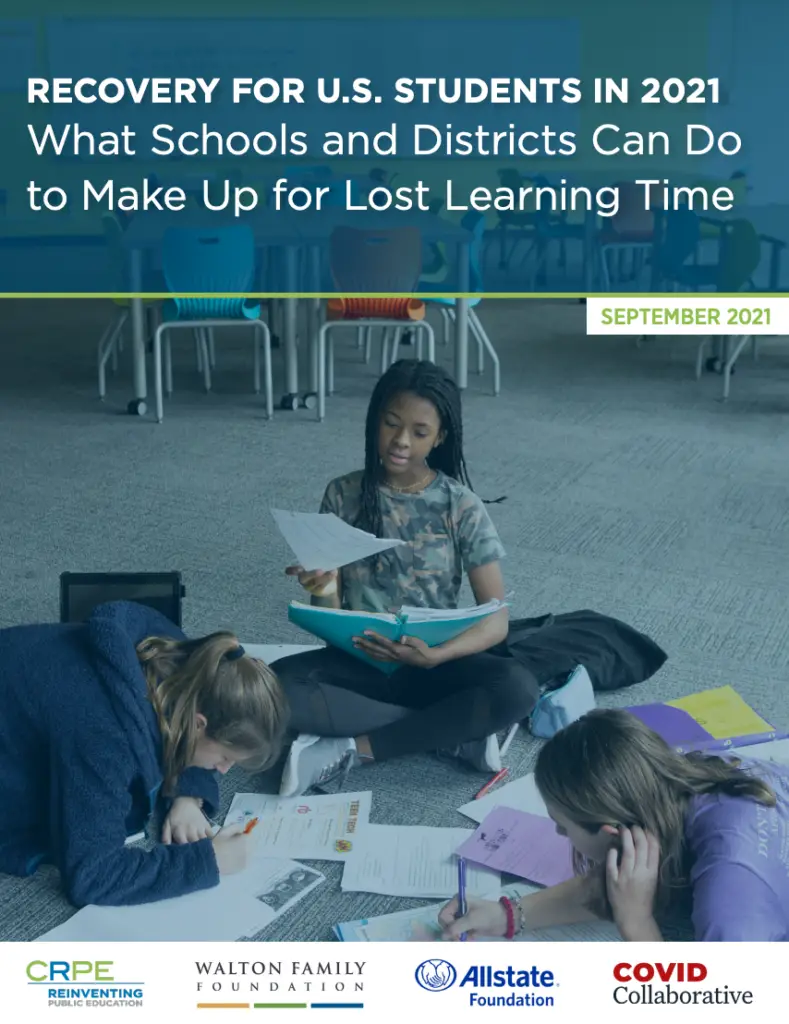
We propose six principles to ensure students experience a positive, healthy, and restorative schooling experience this year.
Closing the void at the core of public education
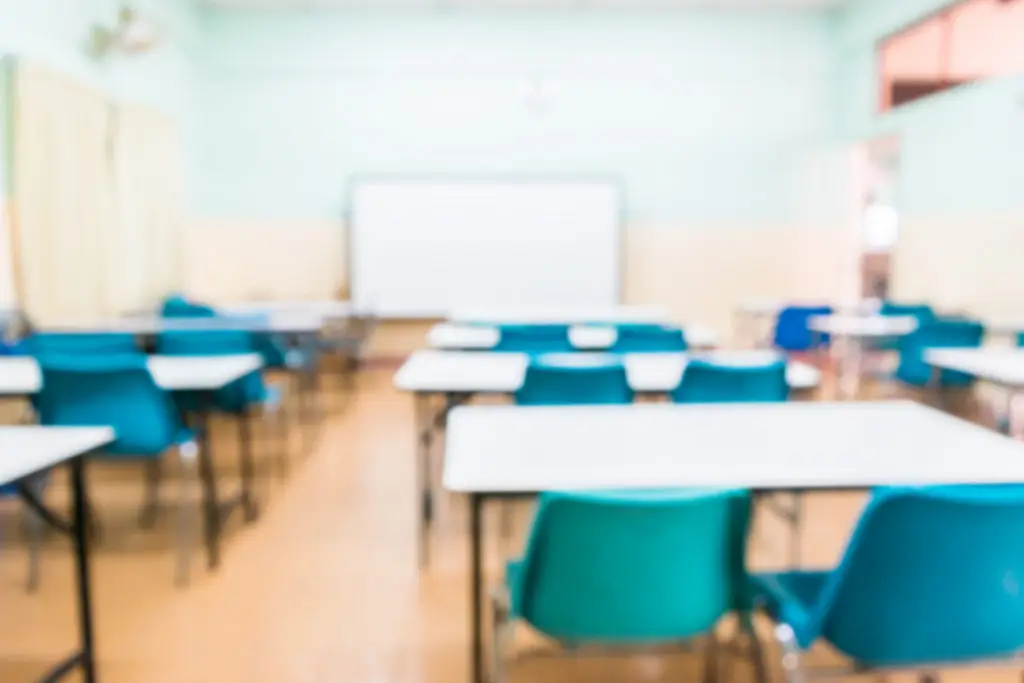
As schools reopen, it is less clear than ever what public education is for. States and districts resist testing students to see what they know now, and many won’t judge schools on whether anyone learns. National assessments are on hold, and traditional elements of the curriculum—and even grading—are under assault as supporting white supremacy. Yes, […]
Has the number of homeschoolers doubled? Or are the lines blurring?

One Saturday morning a few years ago, I was walking through an outdoor market in downtown St. Petersburg, Fla., where I lived at the time, when something piqued my professional curiosity. A group of homeschool students were showing off art projects. I was trying to get a better feel for the various homeschool cooperatives that […]
All Together Now: Getting Students with Disabilities What They Need During the Pandemic
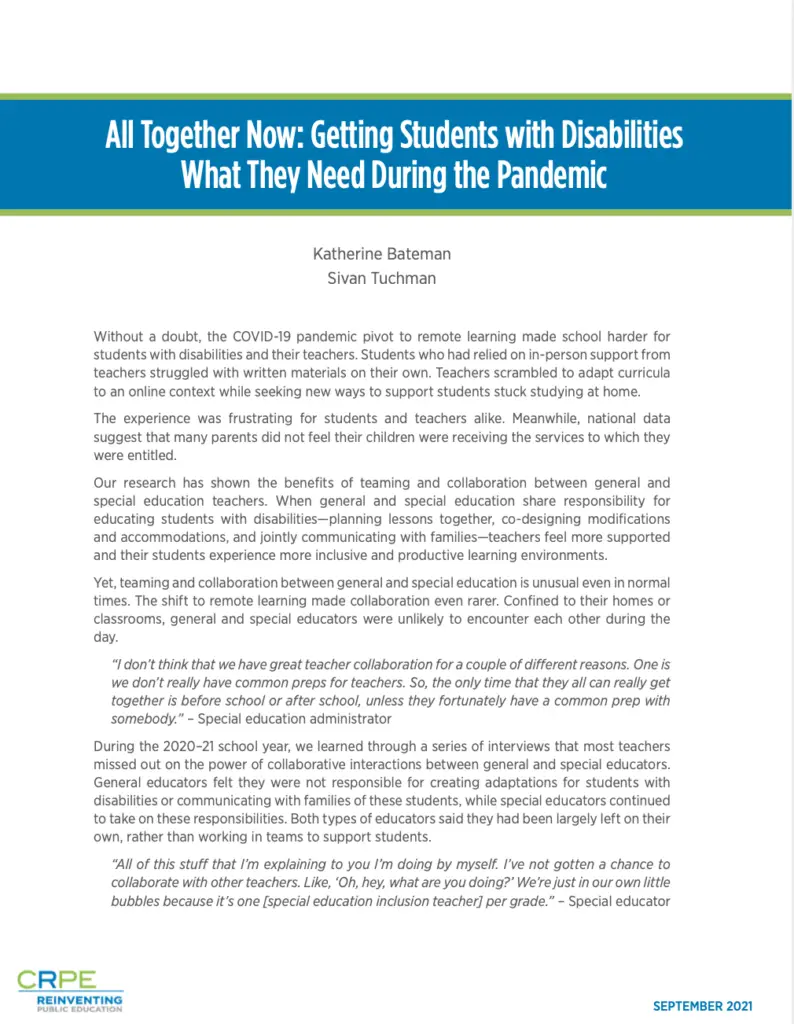
During the 2020–21 school year, we learned through a series of interviews that most teachers missed out on the power of collaborative interactions between general and special educators.
Notes from our database: The latest on 2021-22’s rocky return to school

The scramble to reopen schools, keep students safe, and keep them learning hasn’t abated.


